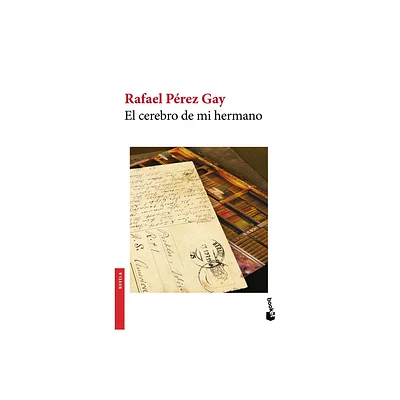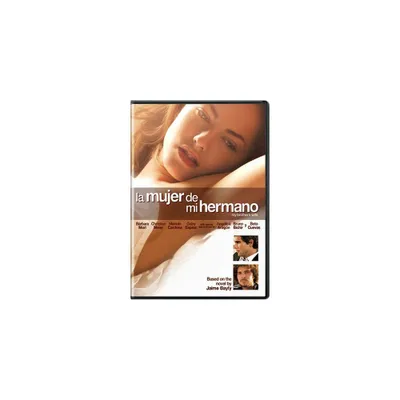Home
Am I my Brother's Keeper? / �Soy el guardi�n de mi hermano?
Loading Inventory...
Barnes and Noble
Am I my Brother's Keeper? / �Soy el guardi�n de mi hermano?
Current price: $19.99


Barnes and Noble
Am I my Brother's Keeper? / �Soy el guardi�n de mi hermano?
Current price: $19.99
Loading Inventory...
Size: OS
*Product Information may vary - to confirm product availability, pricing, and additional information please contact Barnes and Noble
The poet must find new words, new images, new forms to move us. In the first part of
Am I my Brother's Keeper?
, Bernard Block addresses injustice, poverty or discrimination, attempting to touch us and arouse us to profound issues otherwise buried in the avalanche of "breaking news". The brightness of his language illuminates and dignifies the victims of tragic events, leaving a trail of sparks that lasts beyond the poem.
In the second part of this book, the poet arrives-or begins-as playing, to conjugate the language of infancy and war of the children, in verses inspired by Wordsworth's vision of childhood ironically mixed with surrealism and the language of Dada, of post World War I Europe. There the reader will find nostalgia, intimations of loss, apparitions in the mist.
In the final part of
Who are we?: a spider, a king, a wall, a soldier, a sherpa, a child of the sea, the Rose of Tacloban. There are no answers.
Bernard Block attempts to write "engaged" poetry inspired by Walt Whitman's "Poetry from the people, for the people" or perhaps Percy Bysshe Shelley, who
In Defense of Poetry
wrote: "Poetry animated by political events, a Visionary Poetry that inspires, shapes politics and alters lives. Visionary Poetry as an advanced guard of moral awakening."
Am I my Brother's Keeper?
, Bernard Block addresses injustice, poverty or discrimination, attempting to touch us and arouse us to profound issues otherwise buried in the avalanche of "breaking news". The brightness of his language illuminates and dignifies the victims of tragic events, leaving a trail of sparks that lasts beyond the poem.
In the second part of this book, the poet arrives-or begins-as playing, to conjugate the language of infancy and war of the children, in verses inspired by Wordsworth's vision of childhood ironically mixed with surrealism and the language of Dada, of post World War I Europe. There the reader will find nostalgia, intimations of loss, apparitions in the mist.
In the final part of
Who are we?: a spider, a king, a wall, a soldier, a sherpa, a child of the sea, the Rose of Tacloban. There are no answers.
Bernard Block attempts to write "engaged" poetry inspired by Walt Whitman's "Poetry from the people, for the people" or perhaps Percy Bysshe Shelley, who
In Defense of Poetry
wrote: "Poetry animated by political events, a Visionary Poetry that inspires, shapes politics and alters lives. Visionary Poetry as an advanced guard of moral awakening."


















